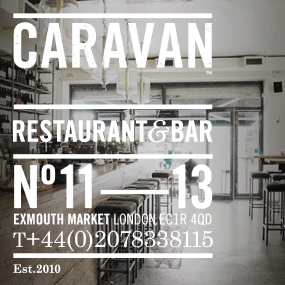Why Golriz Ghahraman Entered NZ Politics
New member of parliament Golriz Ghahraman is having her Twitter feed documented by the national archive as a testimony of New Zealand’s 2017 election.
“It will be interesting for others to see what happens when for the first time a Middle-Eastern woman, a refugee, ran for parliament here,” Ghahraman tells the Guardian’s Eleanor Ainge Roy.
“Both the support and the attacks,” she says.
Iranian-born Ghahraman’s Twitter page is a fascinating testimony to love and loathing in 2017.
There are the vile, racist attacks on her background and heritage. The suggestion that a terrorist has been elected to parliament, that she may enforce sharia law, smuggle a bomb into the debating chamber, or push back against New Zealand’s socially progressive culture.
Then, to balance it, there is the love. The outpouring of support from elated New Zealanders. The words of encouragement from admiring Australians, worn down by years of that country’s “Pacific solution”, cheers and congratulations from Brexit escapees and Trump survivors. All rallying around a woman who has proven the value and potential of every refugee life.
For Ghahraman, the social media abuse was a reminder of what brought her into politics, and the Green party, in the first place – a life-long interest in protecting human rights, whether they be her own, or those of persecuted strangers on the other side of the world.
Ghahraman arrived in New Zealand at the age of nine after her family fled Iran. They sought asylum at the airport after arriving on a plane from Malaysia.
She attended a high school in West Auckland whose student body was 70 per cent Maori and Pacific Islanders.
It was in this South Pacific melting pot, says Ghahraman, that she acquired the confidence to study human rights law at Oxford University, and, later, to stand up in court representing the UN in tribunals prosecuting some of the world’s worst war criminals, including perpetrators of the Rwandan genocide.
“My eternal gratefulness to New Zealand is that I got to grow up in a very diverse place. So the fact we didn’t have anything was actually OK. I remember that freedom and getting to grow up with lots of different types of people; and that was just part of being Kiwi.”
The archiving of Ghahraman’s occasionally tumultuous journey to parliament means New Zealanders will be able to look back on the first refugee elected to represent them. And representation is everything, says Ghahraman, because without a voice you become a stereotype, and when you’re a stereotype, it’s easier to dehumanise you.
“That is the basis of all the atrocities I’ve worked on. That is how it starts.”
Original article by Eleanor Ainge Roy, The Guardian, October 17, 2017.
Photo by Golriz Ghahraman.














